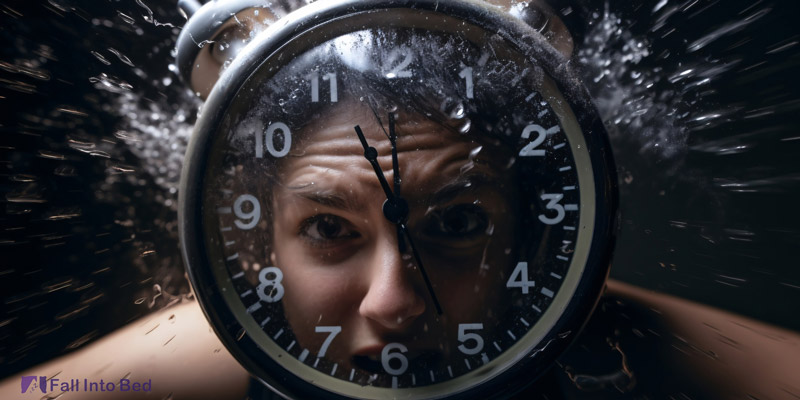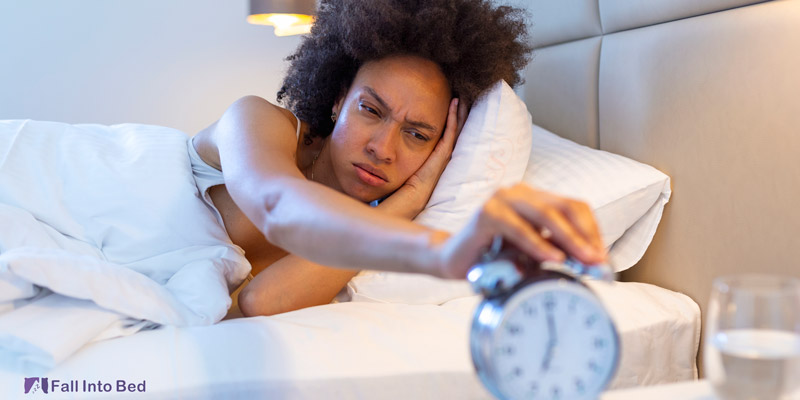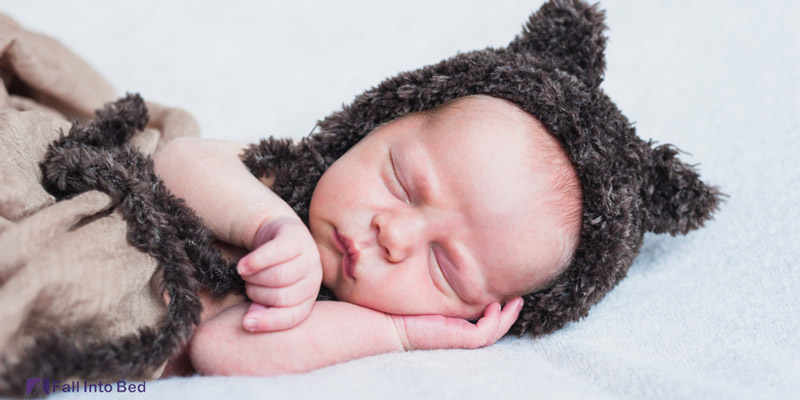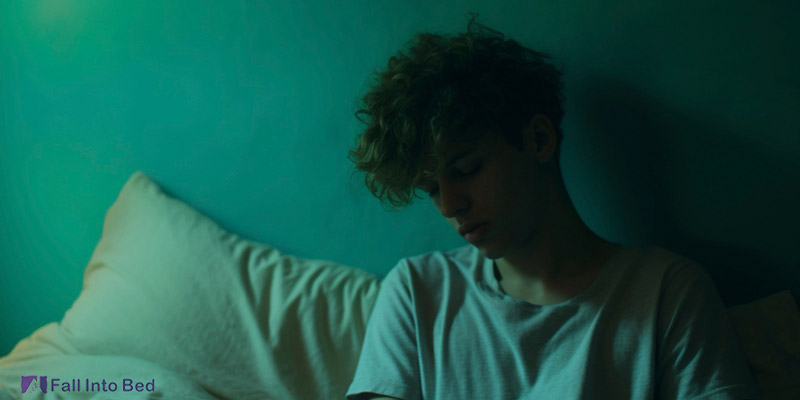Waking up tired after 8 hours of sleep is a real bummer. You spent a third of your day resting, only to get up and feel like you need another 8 hours to sleep. If that’s how you feel, you’re not alone. Let’s dive in to some of the reasons why this happens and get some insight in what we should do to boost our sleep quality.
Why do I feel tired even after 8 hours of sleep?
There are several reasons why you might still feel tired and fatigued after sleeping for 8 hours or even more.
1. You might need more than 8 hours
Even though 8 hours sounds like a normal and enough amount of time to rest, and according to scientist, more than 31% of people sleep between 7 to 9 hours, each body is different. Someone might feel more energized with just 7 hours of sleep, but another one can’t get less than 9 hours of sleep.
So, listen to your body’s needs. The data shows that more than 15% of people between the age of 18 to 25, need to sleep for more than 8 hours.
2. Sleep debt!
You probably owe hours of sleep to yourself without realizing. And your body is not going to let you of the hook that easily.
But what is sleep debt?
Let me give you an example. Let’s say you need 8 hours of sleep every night, because of your life conditions (busy work-day, a medical condition, or even anxiety), you get 6 hours of sleep for each night of the week. So, now you’re 2 hours short for each night, and just before the weekend you owe 10 hours of sleep to your body. So, when it’s weekend and you can sleep 8 hours, you wake up tired, thinking why you’re not feeling good.
Some ways you can pay beck your sleep debt are:
- Taking naps during the day
- Going to sleep a little earlier
- Waking up a little later than usual
Sometimes, due to having too much things to do, you don’t have enough time to sleep for long. In these situations, sometimes it’s better to sleep for two hours rather than skip sleep altogether. However, there are things you need to consider when doing this.
3. Your circadian rhythm is out of synch
You might feel tired, even after sleeping for a long time. And one of the reasons might be because you are out of synch with your circadian rhythm AKA your body clock. This can happen if you have been sleeping in irregular times, or if your job condition like night shifts don’t allow you to have a good night sleep. Sometimes, the situation can be temporary. Like the jet leg you feel from travelling.
If you’re “out of synch”, you feel tired even If you get 8 hours of sleep. What you can do, is to find a sleep schedule that works best for you and try to get back to a healthy routine.

A sleep cycle is about 90 minutes and each person goes through 4 to 6 sleep cycles each night. In order to prevent waking up tired, you should wake up at the end of a cycle. Calculate to sleep for a number of 90-minte cycles.
For example, if you fall asleep at 10 p.m., it’s best to wake up at 7 a.m. Waking up at 7:30 can actually make you feel more tired even though you slept 30 minutes more. Because you woke up in the middle of your cycle, not at the end. This can also help you if you’re a heavy sleeper and want to wake up in the morning more easily.
4. Was it really 8 hours?
Just because you went to bed at midnight and got up at 8, doesn’t mean you got 8 hours of sleep! There are a few factors here. Firstly, you might be in bed for a whole hour and not fall sleep yet. Or maybe you wake up a few times during the night and you have to go through every stage of your sleep cycle again.
By going to bed sooner than normal, and practicing sleep hygiene, you can make sure your sleep is sufficient.
5. Medical condition
If you’re still tired after 8 hours of sleep, it might be due to a medical condition. These are some of the physical conditions that can affect your sleep:
- Sleep apnea. This disorder can affect your breathing during sleep and cause pauses between your breaths that can last for 10 seconds to two minutes.
- Diabetes. Effects can be night sweats, and frequent need to urinate
- Insomnia. A sleep disorder that makes it difficult to fall asleep
- Restless leg syndrome. RLS causes uncomfortable feeling in the leg that con only go away by moving the legs
- Heart disease.
- Underactive thyroid.
You might even feel headaches after waking up from sleeping or napping.
6. Mental health issues
The number of people who are struggling with a mental disorder is increasing. And some of them, like depression, anxiety and stress can have negative effects on your sleep. Depression and anxiety can make it more difficult to fall sleep and decrease the quality of that. If you suffer from a mental inconvenience, please consult a mental healthcare professional.
7. Usage of marijuana before bed
Research has shown that one of the disadvantages of getting high before sleep is waking up very tired. Using cannabis before bed can change your sleep cycle and make it hard for you to have a deep sleep.
How much sleep do I really need?
The answer to this question can vary and it depends on your age, and your body! But here is the amount of sleep a person needs according to their age:
- Children from the age of 6 to 12 should get around 9 to 12 hours of sleep
- Kids from the age of 13 to 18 need around 8 to 10 hours of sleep per night
- People from the age of 18 to 60 should get between 7 to 9 hours of sleep
- After the age of 60 this amount comes down to 7 or 8 hours
However, as we mentioned earlier, the amount of sleep you need can be more or less than what your age indicates.

Tips for improving your sleep quality
If you want to make sure you have a good night sleep and don’t wake up tired, try to maintain a good sleep hygiene (sleep routines, habits, etc.). also pay attention to these tips for a high-quality sleep:
- Maintain a consistent sleep schedule
- Keep a relaxed environment for sleep. Make sure the room is dark, without any additional noise or stimulation.
- Keep an eye on room temperature. Try to keep the temperature between 15.6 to 20 degrees Celsius (65 to 68 degrees Fahrenheit)
- Don’t use electronic devices two hours before sleep. The blue light generated by the screens can decrease the production of melatonin hormone AKA your sleep hormone. Also, try to put your phone far from your bed when you sleep to reduce the harmful radiation and other negative effects of it.
We know how exhausting it can be to sleep for a long time and still feel tired. By knowing the causes of this incident and consulting a healthcare professional, you can detect the problem and start having refreshing sleeps.
Sweet dreams!








